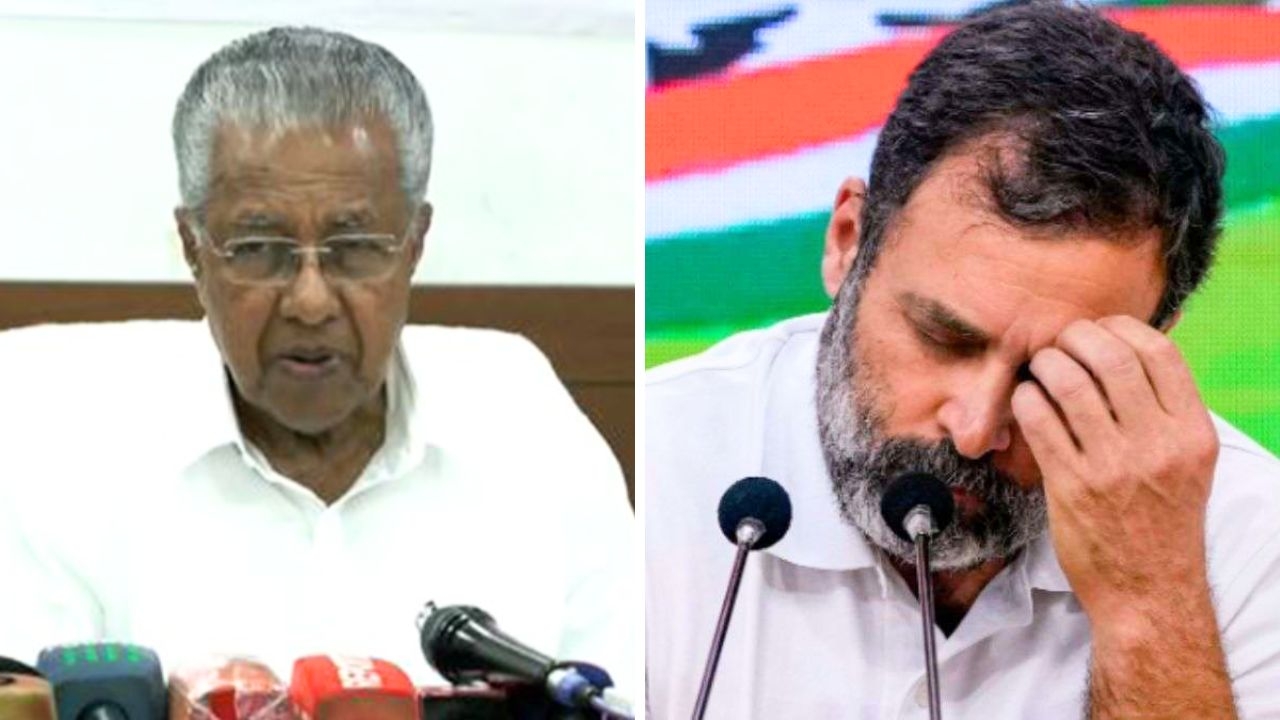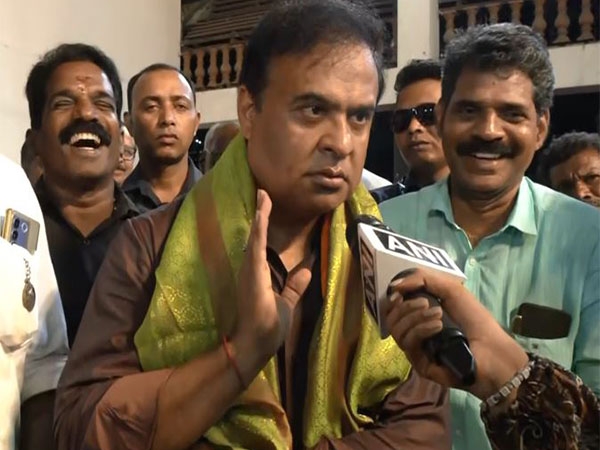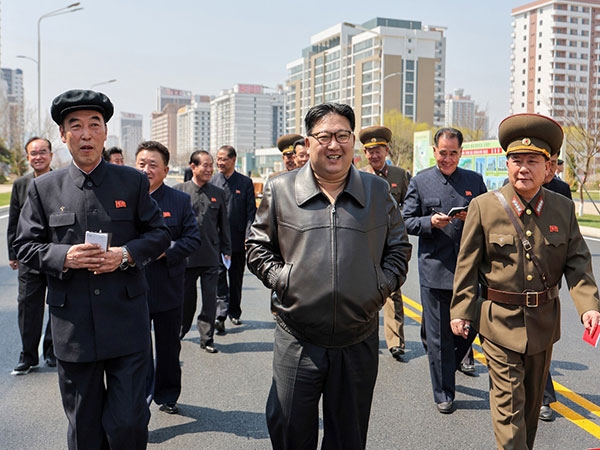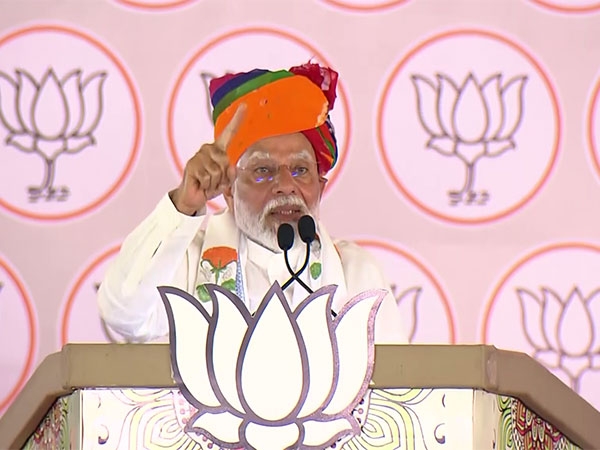What a life sentence for the guilty Armymen of Machil means for Kashmir
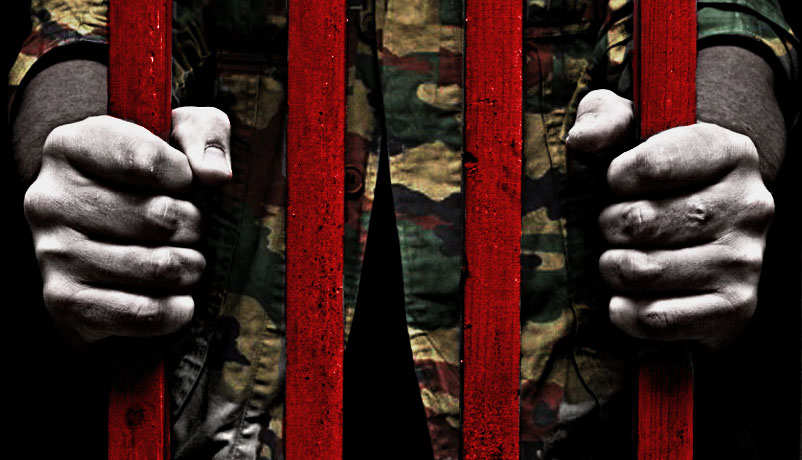
The encounter
- In 2010, three Kashmiri youth were lured to the LoC with the promise of jobs and money
- They were killed by Armymen, who then tried to pass it off as an encounter
The protests
- The discovery that this was a fake encounter led to massive protests in the Valley
- About 120 youth lost their lives in the following unrest
The punishment
- The Army has court-martialled the six personnel responsible for the fake encounter
- All of them, including a colonel, have been sentenced to life imprisonment
- This is significant because the Army has often evaded punishing personnel under the AFSPA
- But with its human rights record under the scanner, the Army is going in for an image makeover
In the first sentence of its kind in the 25 years of militancy in Jammu and Kashmir, the Army's Northern Command on 7 September confirmed life imprisonment to six Army personnel by a General Court-Martial in the 2010 Machil fake encounter case.
Though the sentence had been awarded around September last year, the Northern Command has endorsed it now.
Those convicted include the then-commanding officer of the 4 Rajput regiment, Colonel DK Pathania, Captain Upendra Singh, Havildar Devendra Kumar, Lance Naik Lakhmi, Lance Naik Arun Kumar and Rifleman Abbas Hussain Shah of the Territorial Army.
They have been held guilty of luring three Kashmiri youth - Shehzad Ahmad, Riyaz Ahmad and Mohammad Shafi - to Kalaroos in Kupwara by promising jobs and money. The youth were later shot dead and dubbed as the terrorists infiltrating from Pakistan.
The discovery that the killings were fake had touched off a torrent of protests in the Valley lasting five months. Around 120 youth - most of them teenagers - were killed in the unrest.
Watershed moment
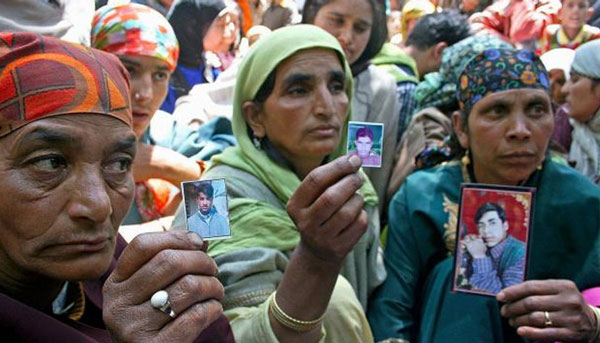
Women hold up photographs of their sons, allegedly killed in the fake encounter by Army at Machil-Kupwara. Photo: PTI
Over the last five years, Machil had found a place among the biggest cases of the human rights violations in the state.
It symbolised everything that had gone wrong with the security management of the state, beginning with massacres in the early 1990s, through the Pathribal and Ganderbal fake encounters, to the curbs on everyday life.
This is why the conviction in the case could prove to be a watershed, signalling for the first time the Army's willingness to hold its personnel responsible for the excesses they commit - something it has evaded doing under the blanket cover of the Armed Forces Special Powers Act (AFSPA).
The AFSPA discourages trial in a civilian court and requires central government sanction for prosecuting erring Army personnel.
Cynicism in the Valley
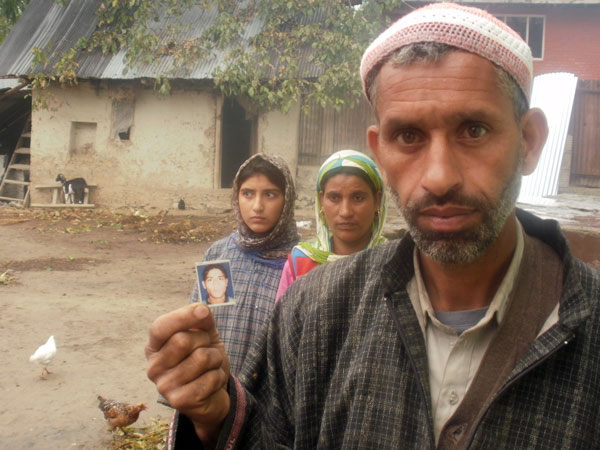
Abdul Rashid holds an image of his son Mohammad Shafi in Nadihal village in Sopore. Photo : syednazakat.wordpress
But it would be a long haul before the entrenched cynicism in the Valley against such trials goes away.
This is even more true after the Army gave a clean chit to the personnel accused of carrying out the 2000 Pathribal fake encounter, in which five civilians were killed in cold blood and passed off as terrorists who massacred 36 Sikhs at Chattisinghpora.
Khurram Parvez, convenor of the Jammu Kashmir Coalition of Civil Society, says: "It is too early to judge the case. The convicted personnel have the option to appeal in a civilian court. It is not the end of the road for them. There are some examples from the past where personnel suspended by the Army were reinstated by the High Court."
Six army personnel have been handed life imprisonment for staging a fake encounter in Machil in 2010
Parvez cites two cases of rape, one against Captain Ravinder Singh Tewatia in Banihal and another against Major Rehman Hussain in Badra Payeen Handwara.
"Captain Tewatia was convicted by a court-martial and sentenced to imprisonment for seven years. Major Hussain was dismissed from service as he was reportedly only convicted for outraging the modesty of the victims," he says.
"Both the accused challenged their decisions in the High Court of Jammu and Kashmir and received verdicts in their favour. While the Captain Tewatia case is still pending further legal challenge, Major Hussain has reportedly returned to service."
Welcome step
This hardly detracts from the profound significance of the Machil sentence. Left to champion the continuation of the AFSPA in J&K amid the decline in militancy and depleting civil and political support, the Army seems to be deliberately trying for an image makeover.
It is now acting where it alone can act: by taking tough action against its personnel involved in gross human rights excesses. This undermines the only major criticism against the AFSPA: that it doesn't hold soldiers accountable for their crimes.
"The sentence is very significant. At least it is the beginning. Machil was a pre-planned, cold-blooded murder. Let us see where it ends," says the J&K head of the Human Rights Law Network, Syed Faisal Qadiri.
"We hope Army takes it forward from here and acts in other cases too. I, for one, would have liked a death for the guilty personnel."
Mothers of the victims speak
The sentence has buoyed up the impoverished families of the victims at Naidkhai, Baramulla. "I am happy, but I want the two civilians facing trial in the case hanged," said Naseema Bano, the mother of Riyaz, 22, who was killed in the encounter. "My son was earning for a family of ten people."
The two civilians Bano refers to are Bashir Ahmad Lone and Abdul Hamid, alleged Army informers who took the three youth to Captain Upendra Singh and received Rs 1.5 lakh from him. They also got two bottles of whiskey and two beer bottles as their reward.
The three youth were taken to Sona Pindi on the LoC, shot dead in a staged encounter, and later dubbed as unidentified terrorists.
The Army also claimed to have recovered five AK rifles, a large cache of ammunition and Pakistani currency from their possession. According to police, the unit had received Rs 6 lakh as cash award for the operation.
Ayesha, the mother of Shehzad, and Zahida, mother of Shafi, similarly show more interest in the punishment to Lone and Hameed, "the real culprits".
"They took our sons. They handed them over to the Army. They sold them for money," the mothers said. "Our sons trusted them. They thought they had offered them jobs. For us, they are the real culprits. Hang them."
First published: 7 September 2015, 11:08 IST

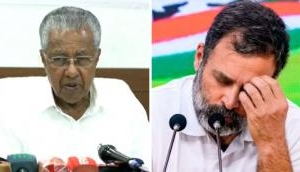

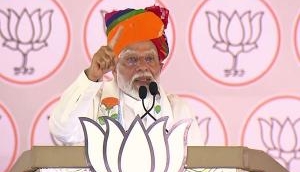
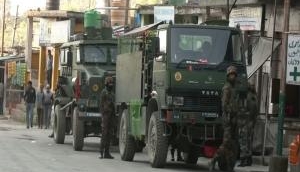
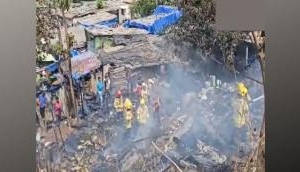
![BJP's Kapil Mishra recreates Shankar Mahadevan’s ‘Breathless’ song to highlight Delhi pollution [WATCH] BJP's Kapil Mishra recreates Shankar Mahadevan’s ‘Breathless’ song to highlight Delhi pollution [WATCH]](http://images.catchnews.com/upload/2022/11/03/kapil-mishra_240884_300x172.png)

![Anupam Kher shares pictures of his toned body on 67th birthday [MUST SEE] Anupam Kher shares pictures of his toned body on 67th birthday [MUST SEE]](http://images.catchnews.com/upload/2022/03/07/Anupam_kher_231145_300x172.jpg)


